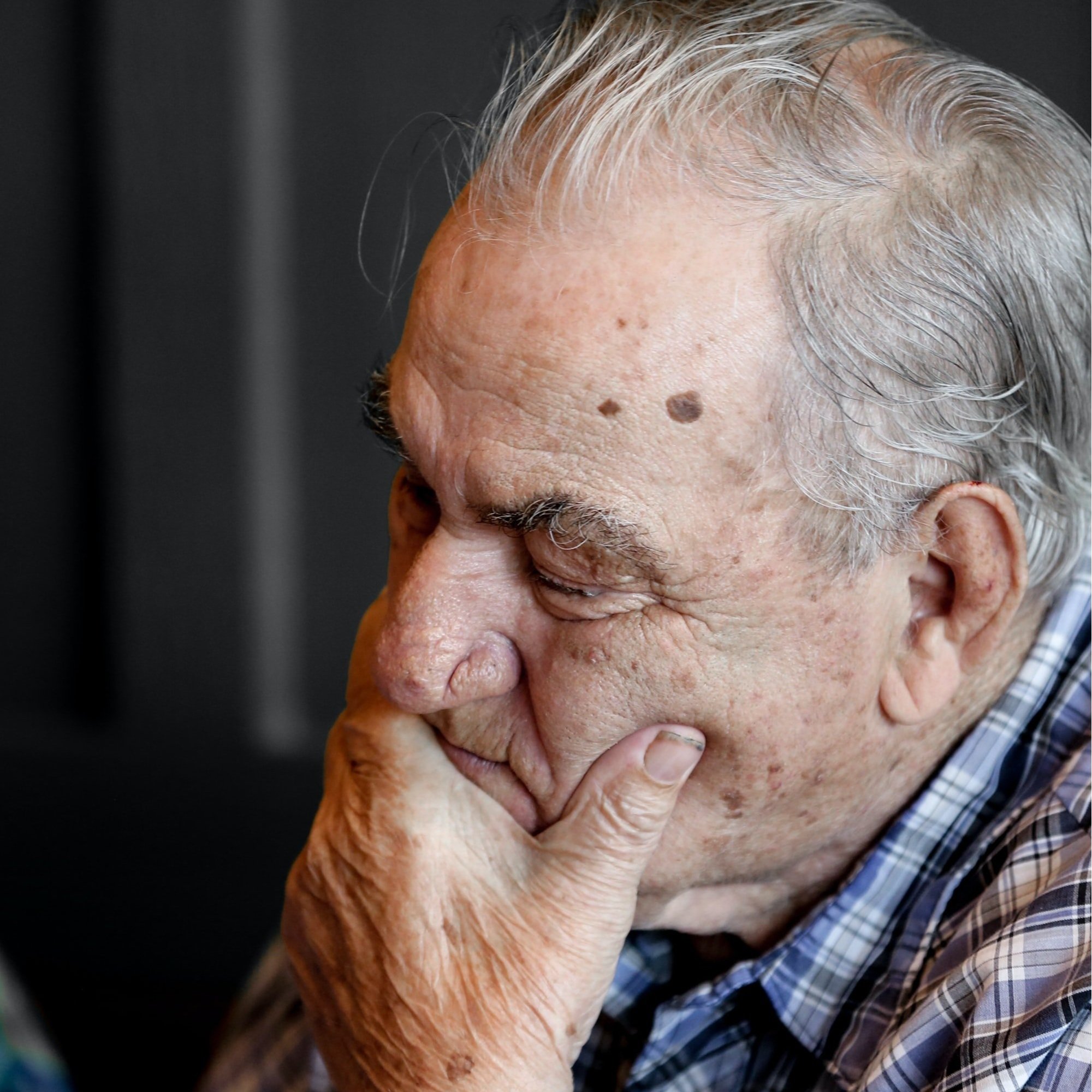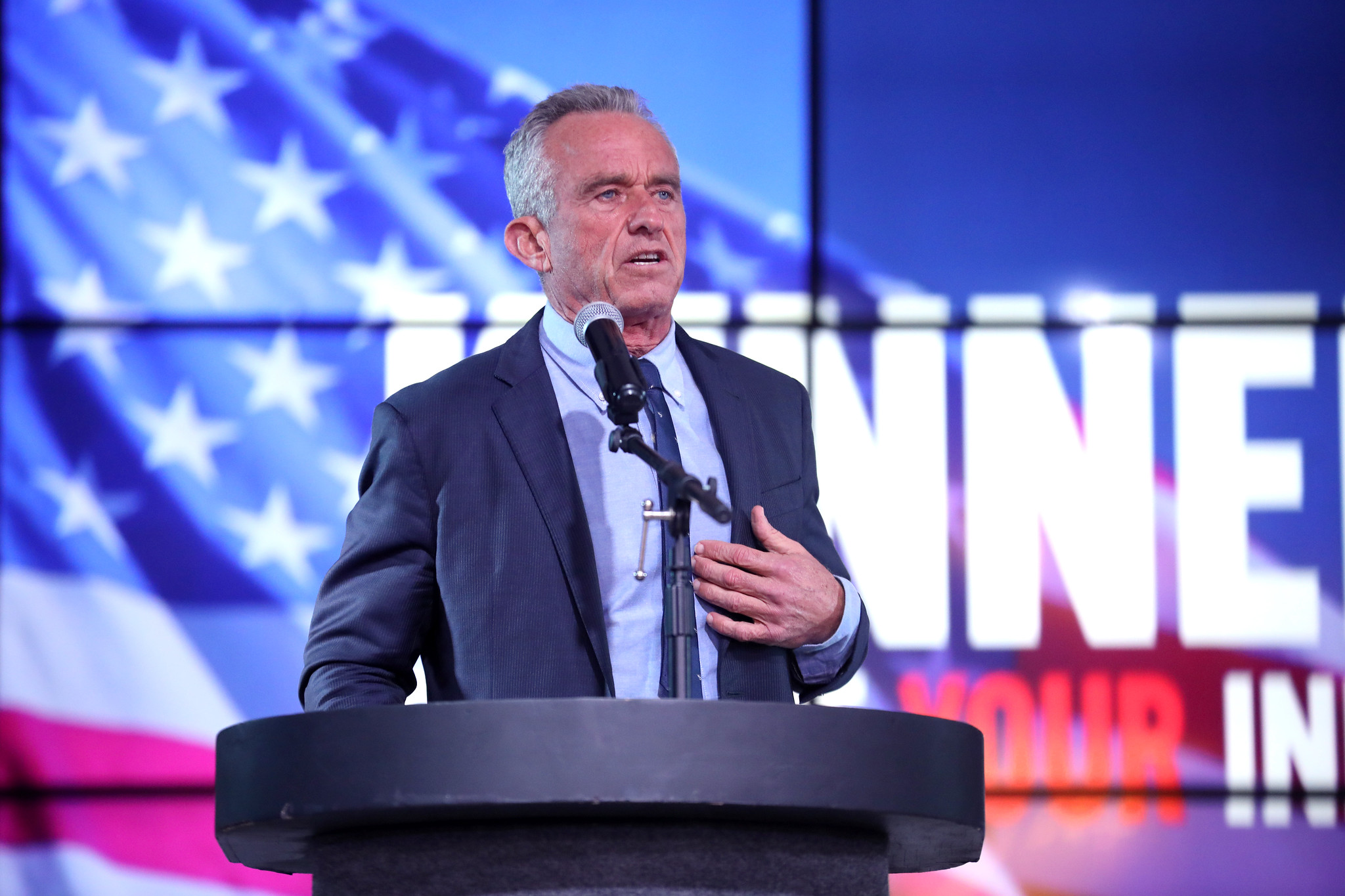VIRGINIA, MARCH 20th 2019: Virginia announces the availability of prescription Spravato, a nasal spray of a ketamine-like compound called esketamine as an antidepressant for adults suffering from treatment-resistant depression. The FDA approved it earlier this month, bestowing it with Fast Acting and Breakthrough Therapy designations. It is the first time esketamine has been approved for any use.
Ketamine has been an approved substance since 1970, and though often utilized in combat during the Vietnam War, it also earned a reputation as a clubbing and recreational drug due to its hallucinogenic effects. Esketamine is the exact same number and kind of elements, but in a different configuration.
The box comes with warnings of out-of-body experiences, sedation, disassociation – described as difficulty making judgments or thoughts, feelings of paralysis and a number of other phenomenon one might associate with heavy-duty psychedelics like MDMA.
While the obvious psychedelic application jumps out, the drug Spravato is only to be administered by a medical professional, and is only available through a restricted distribution service. It also apparently should only be considered when other antidepressant medications have failed.
“There has been a long-standing need for additional effective treatments for treatment-resistant depression, a serious and life-threatening condition,” said Tiffany Farchione, M.D., acting director of the Division of Psychiatry Products in the FDA’s Center for Drug Evaluation and Research. “Controlled clinical trials that studied the safety and efficacy of this drug, along with careful review through the FDA’s drug approval process including a robust discussion with our external advisory committees, were important to our decision to approve this treatment.”
Veterans, first responders, and other occupations that see combat and turmoil seem to be the patients most likely to benefit from Spravato. Virginia expressed that the drug was to be available for veterans immediately, expressing their firm commitment to giving veterans every possible option to combat depression.
Several years ago Johns Hopkins University famously began testing MDMA, LSD, and psilocybin as possible treatments for post-traumatic-stress disorder, depression, and other mental conditions. Many of those trials produced startlingly positive results, with patients often ranking their MDMA or psilocybin-guided therapy as not only very effective for improving their well-being, but as one of the most important experiences of their lives.
The inclusion of Spravato into the greater fold of treatment methods for depression in America could be the first crack in a very large pair of floodgates.


